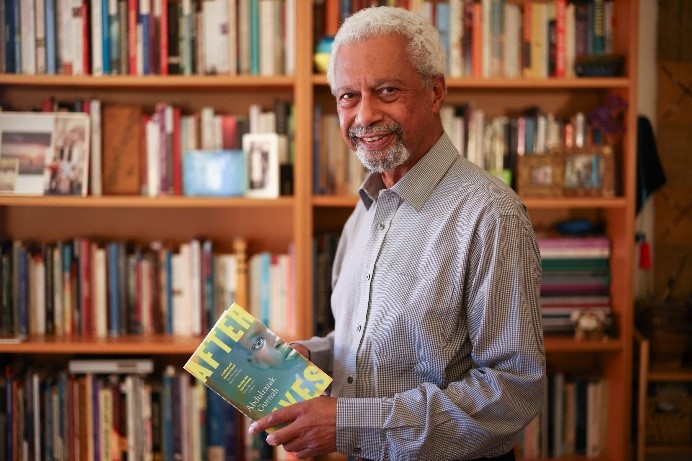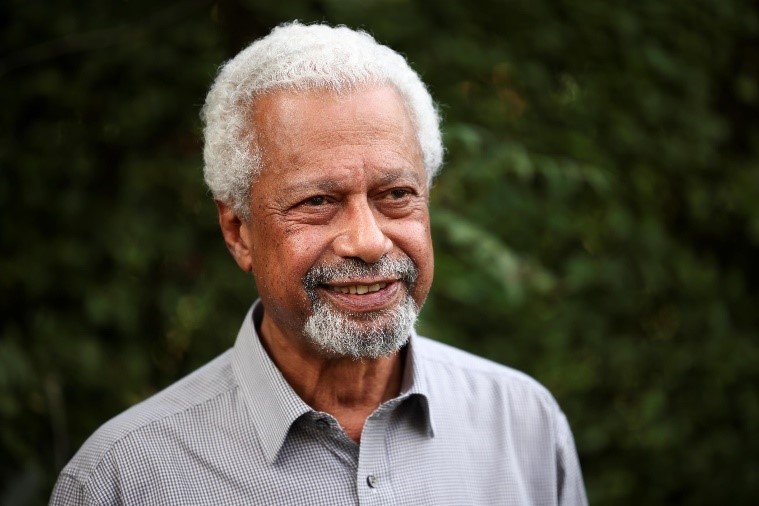Nobel Prize 2021 in Literature

This year, the Nobel prize in Literature has been awarded to Abdulrazak Gurnah for his ‘uncompromising and compassionate penetration of the effects of colonialism and the fate of the refugee in the gulf between cultures and continents’. He has become the first African to receive the most prestigious award in almost two decades. Before Gulnar, The African writers who won were awarded Nobel prizes are- Wole Soyinka of Nigeria (1986), Naguib Mahfouz of Egypt (1988), and South African writers Nadine Gordimer (1991) and John Maxwell Coetzee in 2003.
The Nobel Prize in Literature has been awarded 114 times to 118 Nobel prize laureates between 1901 and 2021. It is awarded by the Swedish Academy, Sweden, and Stockholm.

About Gurnah
Gurnah was born in 1948 on the island of Zanzibar which is a part of Tanzania. He left Zanzibar and came to England when he was 18 years old. Zanzibar, at that time, was boiling with violence where soldiers overthrew the country’s government. During liberation from the UK’s colonial rule, Zanzibar went through a great revolution, and under President Abeid Karume’s regime, citizens endured oppression and persecution. People were forced to leave the country, thus he fled to England. He began his writing career at the age of 21. His works depict the experiences of his own life. He recently has been retired from the post of Professor of Postcolonial Literature at the University of Kent.
His Works
Gurnah’s first language is Swahili but he preferred writing in English. He has written 10 novels, among them, ‘Paradise’ and ‘Dissertation is the most renowned ones. Among his ten novels ‘Memory of Departure’, ‘Pilgrims Way’, and ‘Dottie’, reflect immigrants’ experiences in Britain. His book ‘Paradise’ was shortlisted for the Booker Prize in 1994, portrays the experiences of a young boy from an East African country during colonization. His latest novel ‘After lives’ was written in 2020. It depicts the effect of German colonization in East Africa. The main character of the story, Hamza is forced to join the German army during the war. He had bitter experiences during an internal clash with German soldiers, at the end when he returns to his birthplace, he doesn’t find his family or friends.

His works are rife with the illustrations of Zanzibar’s culture and ethnic diversity. He, himself noted that in his entire career he faced the questions of displacement, exile, identity, and belonging. Most of his works reflect the effects of the colonization of people.
At the News Conference, the Chair of the Committee awarding the prize, Anders Olsson said ‘Surnah is widely recognized as one of the world’s most prominent post-colonial writers. He has constantly and passionately penetrated the effect of colonialism in East Africa and its effects on the lives of uprooted and migrating individuals.
He further said that the characters in his novels express a struggle between cultures and continents, between previous lives and the life ahead, confront racism and prejudice, still, they either remain silent or build themselves into a new personality so that the conflict with reality can be avoided.